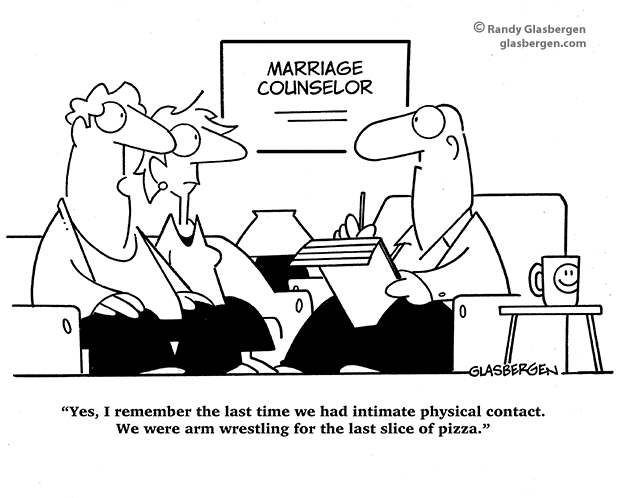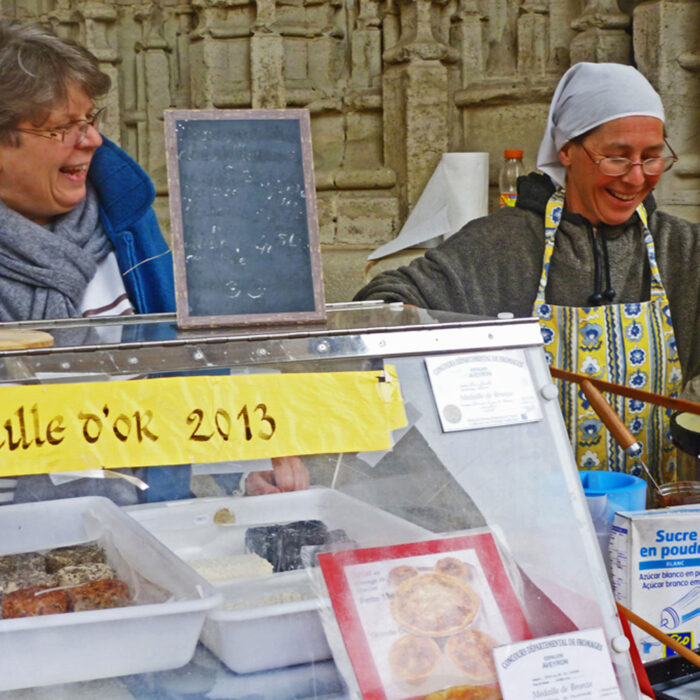You have no items in your cart. Want to get some nice things?
Go shopping
I am thinking a lot about empathy these days – defensively, I might add – because my wife keeps accusing me of lacking this quality in relation to her. Of course, I readily agree. I sympathise with Cheryl’s pain but stop short of empathising with it. My saying this infuriates her even more, and she is the kind of person who has no shyness about retaliating.
Her retaliation makes me even more disinclined to oblige. I explain that what feeble mechanism I might have for empathy is nullified when I’m being attacked: I cannot identify with a person who wishes to cut me to ribbons. That is my imaginative limitation.
At what point, I wonder, did the word empathy begin to displace sympathy?
Empathy isn’t even in my 1971 Oxford English Dictionary, which may reflect the more reserved character of the British: one assumes the rage for empathy began on this side of the Atlantic. (See Bill Clinton’s famous assertion, ‘I feel your pain.’) A recent edition of The American Heritage Dictionary tells us that while sympathy ‘denotes the act or capacity for sharing in the sorrows or troubles of another’, empathy ‘is a vicarious identification with and understanding of another’s situations, feelings, and motives’.
To me, sympathy suggests a humane concern for others’ positions or plights, based partly on a general ethic of compassion for all living things. Empathy conveys, to my mind, a stickier, more ghoulish shadowing that stems from the delusion that one can actually take on oneself, or fuse with, another’s feelings.
It is possible that my wife wants to recapture that sense of romantic communion we had at the beginning, which is usually strongest during the infatuation phase, when lovers’ hearts are said to beat as one. But I can’t help suspecting she got this empathy bug after a few sessions with her therapist, Barry.
Since then, as a result of our frequent bickering and my wife’s conviction that her therapist is a marvellous human being, we have entered into couples counselling with Barry. To my surprise, he is a marvellous human being. Wise, reasonable, scrupulously evenhanded, and empathic – perhaps to a fault. Sometimes, when he commiserates about the pressures we are operating under – raising a three-year-old with health problems while juggling our careers – I begin to wonder about this warm compassion, the depth of which, it seems to me, should be reserved for Romanian coal miners, not yuppies like us.
In one session, we were recounting a disagreement we had had the night before. As it happened, about sex. We had been going through a dry spell, mostly because of my wife’s preoccupations with our baby daughter and her mistrust of my capacity to empathise with her.
Now she said she was getting ready to consider doing it again, and I replied, like an idiot, something to the effect that I’ll believe it when I see it. Barry offered an alternative script, giving us the lines that, in his view, we might more profitably have spoken. I was to compliment her on making this overture to an advance, and if I still needed to express skepticism, she was to show that she understood my ‘vulnerability’ because I’d been starved for sexual affection.
Barry then asked what I thought would have happened if she had replied that way.
Feeling the old obligation to speak the truth in therapy, I took a deep breath and said that his suggestions had nothing to do with life as it is lived, that he was trying to indoctrinate us into the new, totalitarian Empathy Speak.
‘Are you really against empathy?’ he asked, somewhat incredulously.
‘I am, yes –’
‘You see?’ said my wife. ‘You see what I have to put up with?’ I went on to say that I was for sympathy, that old-fashioned
term. The people I admire most, like two friends of mine both in their seventies, operate out of a moral code older than empathy that acknowledges that the gap between two souls can never be entirely bridged. I thought of my old professor Lionel Trilling, who questioned in class D. H. Lawrence’s hunger for total honesty in a love relationship by saying: ‘Why should two people have no secrets from each other?’
On the other hand, there is much in the present culture that promotes an exaggerated or false sympathy, like the figure of the talk-show host, the Great Listener, Oprah or Geraldo, whom I consider spurious.
As you might imagine, this did not go over well. I saw that my attempts to explain myself were perceived as inappropriately ‘academic’, therefore cold, therefore removed from emotions and the business at hand. (Interesting: that therapy today has that anti-intellectual quality. This is no place to start thinking.)
When people start speaking of reason as a ‘defence’, I get nervous, considering where the irrational has gotten us in the last hundred years. And, grateful as I am for Barry’s willingness to help straighten out our problems, I can’t help watching my tongue now in counselling sessions. I have a lingering suspicion that many couples therapists train you to say not what you genuinely feel but what is less confrontational, all the while telling you that they want you to be in touch with your feelings.
No, they want you to make nice. I suspect I will never be able to empathise with the panic and depression my wife sometimes feels – for the simple reason that they both terrify me too much. I grew up far too close to such emotions in my parents, and it took all my strength to distance myself from their debilitating pull so as to form a workable, reasonably cheerful self. Where does that leave the marriage? My wife still hungers for a more empathetic soul mate, while I am equally convinced that I am realistically offering something else that is of value. Call it an understanding of limits, based on the intractability of human nature and the intensely problematic – not to say tragic – dilemma of modern marriage.
Given my empathy-challenged nature, I am faced with the choice of trying to fake an empathy orgasm – a distasteful proposition – or waiting out my wife’s rage, hoping that in the end she will come to accept my defects, as I hope and pray to accept hers. Forbearance, resignation, and stoicism still seem to me the only way to go. Someone (Buffon or Goethe?) once said, ‘Genius is a long patience.’ I don’t know about genius, but I would maintain that marriage certainly is – at least
when you’re committed to making the marriage last.

About Philip Lopate
Phillip Lopate is a judge on the 2015 Notting Hill Editions Essay Prize, the biennial literary prize for the best essay in English, of between 2,000 to 8,000 words, on any subject. This essay is taken from the collection of Essays 'Portrait Inside my Head' Notting Hill Editions 2015.




